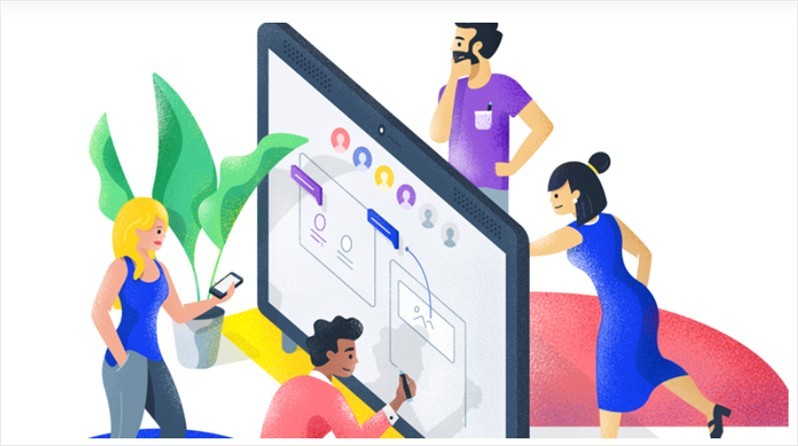In response to the COVID-19 pandemic, the need to work remotely while continuing to successfully deliver is more pressing than ever before. However, Remote accessibility to stakeholders has opened many avenues to multi tasking and enriching vivid experiences through various tools and platforms. While skill updating and online trainings will orient the outcomes towards greater good at lesser cost. This blog will help us understand where we are on this journey and the role of academia to provide the fundamental bedrock on the emerging megatrends leading to Classroom 2.0. B-Schools are leveraging multiple learning channels for their MBA classes and are increasingly focusing on hands-on project-based training and social learning for digital skilling.
In the light of changing trends across Industries, the following three skills have emerged as a focal point of Industries across domains. The top management college including IILM has reinvented the wheel by incorporating the relevant content ,increased collaborations with MOOC’s and project based trainings.
- Remote Infrastructure
- Virtual Communications
- Managing Stakeholders Expectations
Remote Infrastructure: Cloud-native applications to support cloud based AI workloads and AI-powered business models are reducing mean-time-to-respond by less than half. At IILM, students are trained on optimal value of digital technologies that emerges from interconnected and interdependent applications.
Virtual Communications: This includes how companies are dealing with the impact of the disruptive technologies on their talent development strategies. In addition to defining what digital skills are, the Best B-Schools are working hand in hand to train students on these skills and how key skilling metrics are measured. At IILM, the course curriculum is based on “Outcome based Learning” and thus we are leveraging the stakeholders’ contribution in updating the course curriculum.
At IILM, Digital skilling is core to organisations’ strategy:
Digital skilling has become an integral part of organisations’ overall business strategy and organisations are making efforts towards seamless execution of these strategies. At IILM, students are encouraged to build FAQ based fresh content, write blogs. They are trained on affiliate marketing, influencer marketing, building a self brand with a focus on SEO tools and analysis. Google digital garage has now emerged as an authentic source of up skilling.
We believe in building ‘composite’ capabilities:
There is a shift in organisations’ requirement from only technical capabilities to ‘Composite’ capabilities comprising technical skills, professional skills, and domain knowledge. We have an edge on our Learning Development Program where faculties are the torchbearers to the holistic development of professional skills.
Managing Stakeholder Expectations: We believe in 360 degree feedback from our stakeholders. This thrives us to diligently gather the valuable inputs from stakeholders. A change post COVID-19 has revived industries with fastest growing nine digital technology areas including three foundational technologies – Big Data and Analytics (BDA), Cloud Computing, and Cybersecurity – and six advanced technologies – Artificial Intelligence (AI), Internet of Things (IoT), 3D Printing, Robotics, Blockchain, and Immersive Media. To ensure a future ready workforce, we are increasingly collaborating with MOOCs, training providers, other enterprises, and government for both skilling and credentialing.
Dr. Shweta Nanda
Assistant Professor- Marketing


